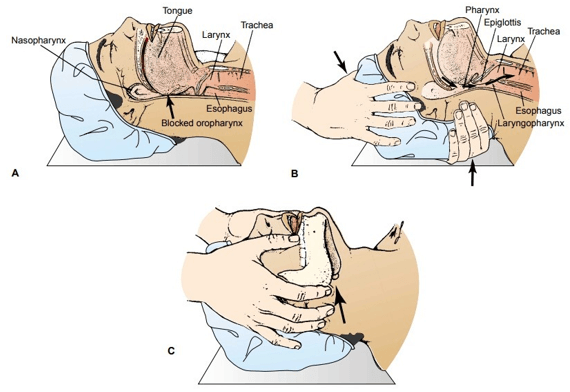A nurse is collecting data from the caregiver of a client who has Alzheimer's disease. The caregiver reports the client has difficulty sleeping at night and wanders throughout the house.
Which of the following interventions should the nurse recommend?
Give the client a barbiturate medication at bedtime.
Encourage the client to take frequent walks during the day.
Allow the client to nap for at least 1 hr during the day.
Put a simple lock on the client's bedroom door.
The Correct Answer is B
As a nurse, the intervention that should be recommended is encouraging the client to take frequent walks during the day. This will help the client expend some energy and reduce the restlessness that could be causing the sleep disturbance at night.
The other options are not recommended because barbiturate medications can cause excessive sedation, allowing the client to nap for at least 1 hour during the day can interfere with their ability to sleep at night, and putting a lock on the client's door can be a safety risk in case of an emergency.
Nursing Test Bank
Naxlex Comprehensive Predictor Exams
Related Questions
Correct Answer is ["C","D","E"]
Explanation
When managing oxygenation for a client in a PACU, the nurse should take several actions. The nurse should add a humidifier to the oxygen device to help prevent dryness of the nasal passages¹.
The nurse should also encourage the client to perform deep breathing exercises to promote oxygenation¹.
Additionally, the nurse should examine the client's nail beds for signs of cyanosis, which can indicate inadequate oxygenation¹.

Correct Answer is C
Explanation
Effleurage is a massage technique commonly used during labor to provide comfort and relaxation. It involves using gentle, rhythmic stroking movements on the abdomen during contractions. This technique can help relieve tension, promote relaxation, and provide distraction from the intensity of the contractions.
Deep breathing techniques are often used during labor to promote relaxation and manage pain. However, this instruction does not specifically relate to effleurage.
Focusing on an object in the room, such as a focal point, can be a helpful technique during labor to redirect attention and manage pain. However, this instruction does not specifically relate to effleurage.
Applying pressure to the sacral area can help alleviate back pain during labor. However, this instruction describes the use of a tennis ball and is not specifically related to effleurage.
Whether you are a student looking to ace your exams or a practicing nurse seeking to enhance your expertise , our nursing education contents will empower you with the confidence and competence to make a difference in the lives of patients and become a respected leader in the healthcare field.
Visit Naxlex, invest in your future and unlock endless possibilities with our unparalleled nursing education contents today
Report Wrong Answer on the Current Question
Do you disagree with the answer? If yes, what is your expected answer? Explain.
Kindly be descriptive with the issue you are facing.
